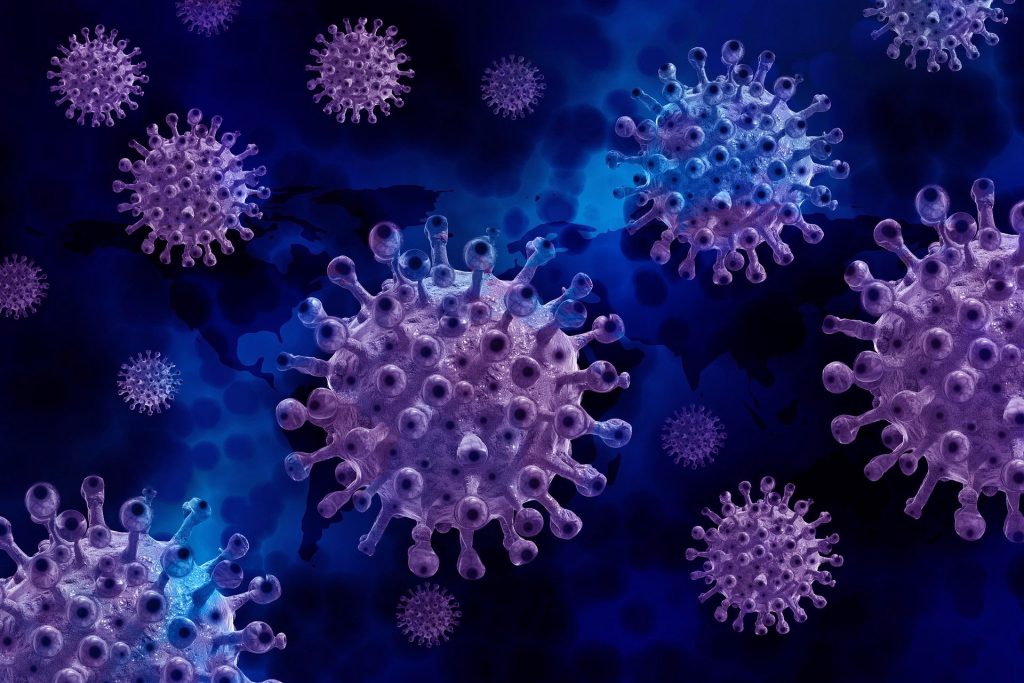An important discovery
Researchers at COVIDsortium, which received funding from Barts Charity, have found that some people naturally resist Covid infection. The important discovery was published in the journal Nature. It is hoped that the findings could lead to better vaccines that protect against any future variants of Covid.

Covid virus cells
"A vaccine that can induce T cells to recognise and target infected cells… may have the added benefit that they also recognise other coronaviruses that currently infect humans or that could in the future.”Senior author Professor Mala Maini UCL Infection & Immunity


